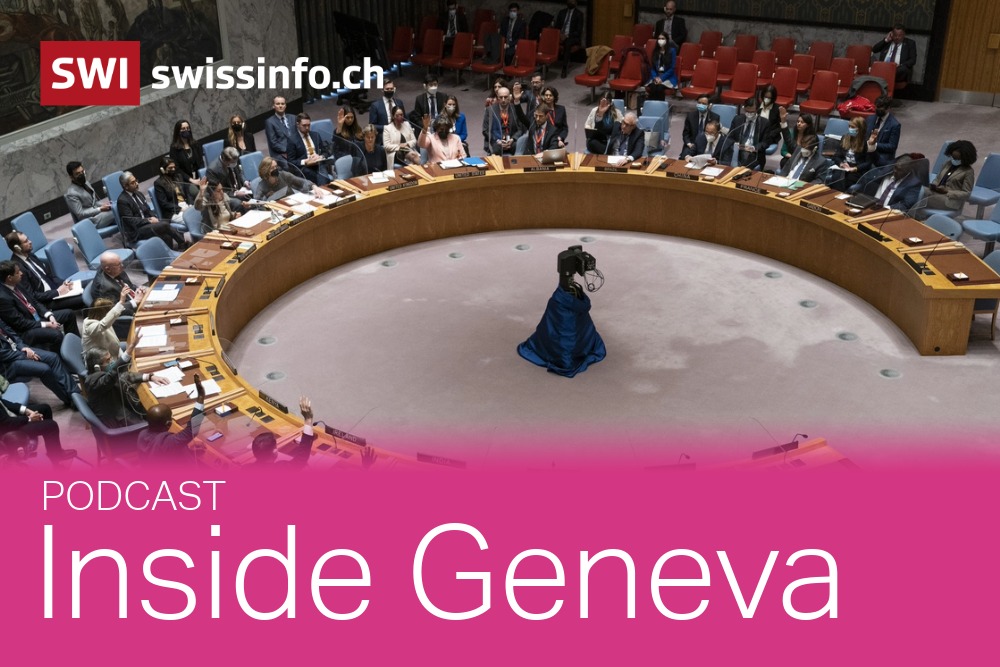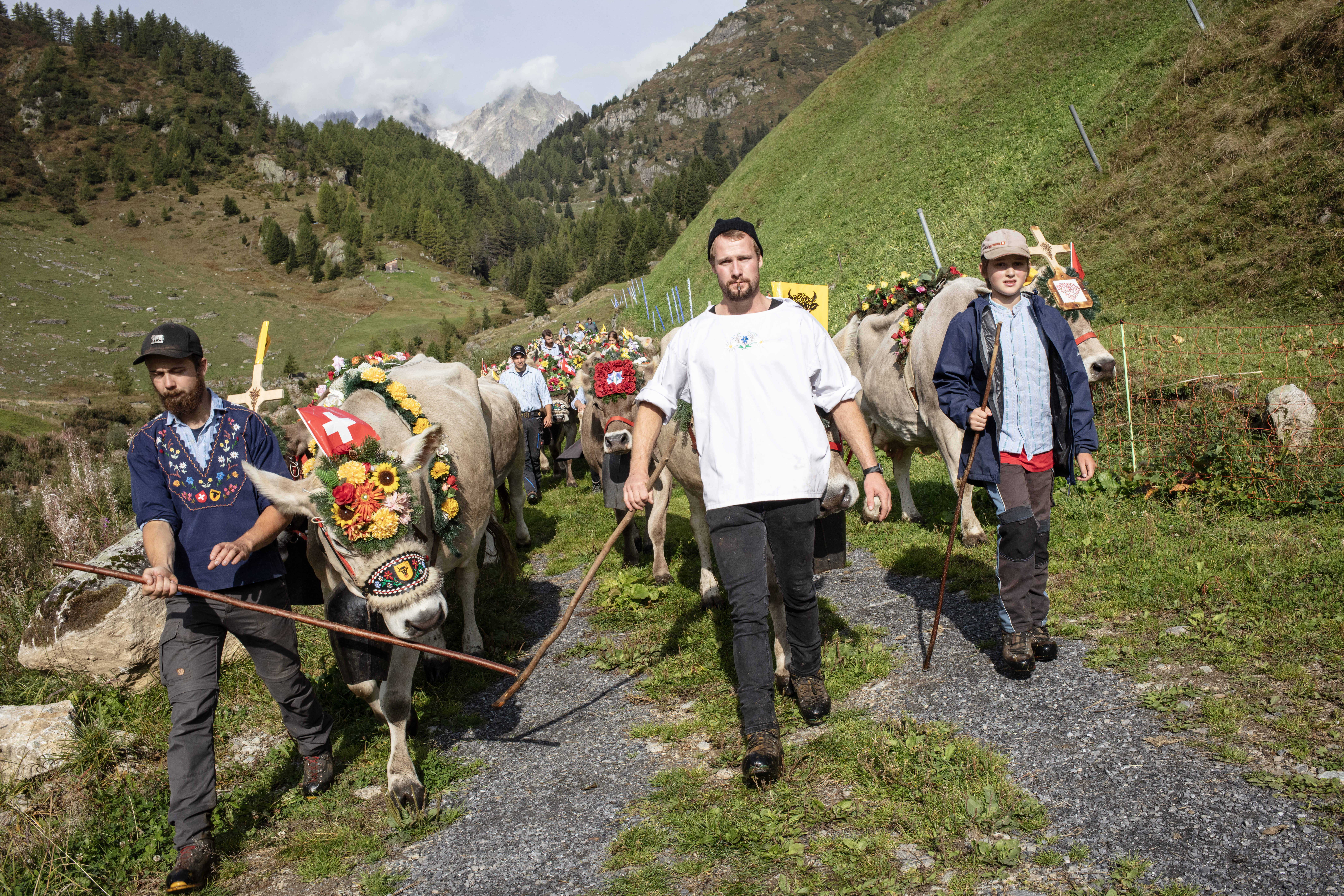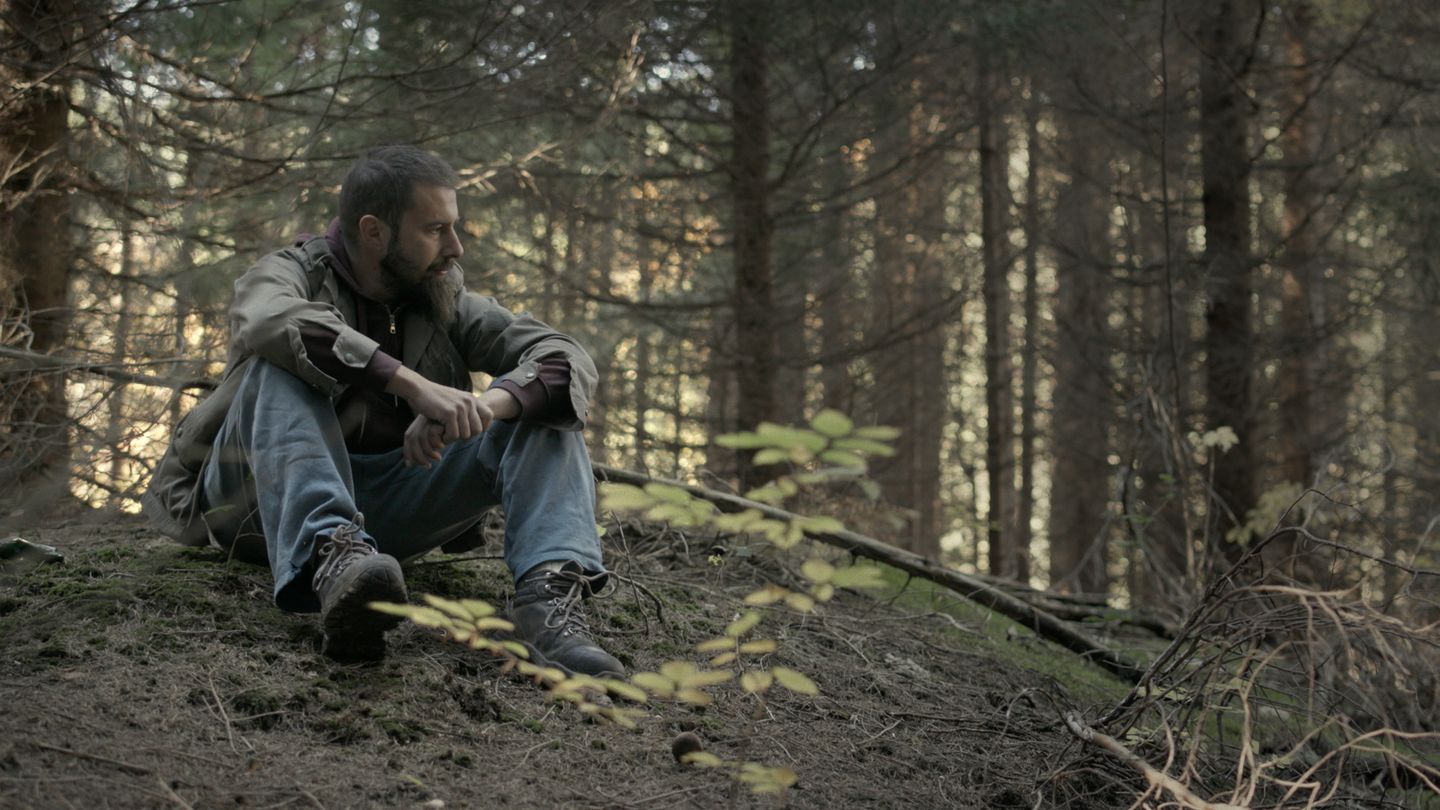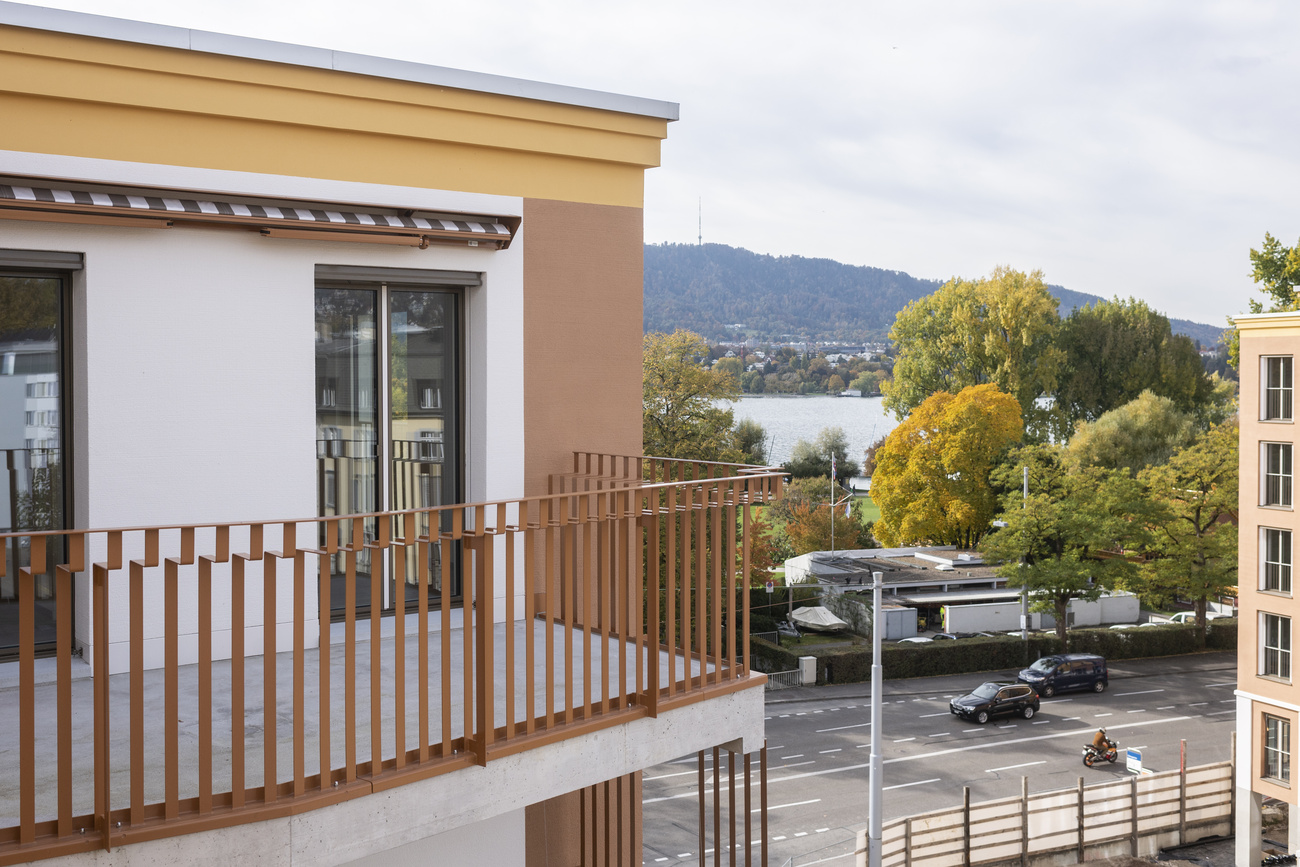
Swiss call for peaceful end to Gaza conflict

Switzerland says it is extremely worried by the situation in the Gaza Strip and supports Palestinian President Mahmoud Abbas's efforts to seek a peaceful solution.
In a statement on Sunday, the foreign ministry recognized the formation of a new emergency government sworn in by Abbas after Hamas seized control of Gaza last week following heavy factional fighting.
The violence left Gaza increasingly isolated, a situation worsened on Sunday when an Israeli fuel company cut off deliveries to gas stations in the impoverished coastal strip.
Bern issued a call to all parties to end the violence and renew dialogue to restore security in Gaza and preserve the unity of the Palestinian territories.
Gaza has become the scene of a battle for supremacy between Fatah – a secular nationalist group – and the radical Islamist group Hamas.
“Switzerland hopes that it is still possible to return to the principles of the Mecca agreement, signed in February 2007,” it declared. The accord, brokered by the Saudis, was designed to bring about a Palestinian government of national unity and end the factional fighting.
Humanitarian impact
The foreign ministry said it was particularly concerned about the impact of the violent clashes between Hamas and Fatah on civilians.
Israeli officials have called for steps to isolate Gaza, which they say will be considered a “terrorist entity”. Israel fuel company Dor Alon cut off all fuel supplies to the Strip except those to the electricity generating plant, in a move which it said was coordinated with the Israeli military.
Reports say the move could lead to severe shortages of petrol and cooking gas within days, unless it is reversed.
Gaza’s 1.3 million residents are already facing shortages of food and other essential supplies, although Israel says it has no objection to letting through humanitarian aid.
In its statement, the foreign ministry demanded that humanitarian access be guaranteed to allow people living in Gaza to receive food and medical assistance.
In Gaza the Swiss Agency for Development and Cooperation (SDC) supports the work of the United Nations World Food Programme (WFP) and the UN agency for Palestinian refugees (UNRWA), as well as the International Committee of the Red Cross (ICRC).
It also supports several smaller organisations and Palestinian non-governmental organisations working in the fields of education, health and human rights.
Most of its humanitarian partners have had to suspend their activities in Gaza as a result of the violence.
The foreign ministry said its representative in Ramallah is in contact with some 60 Swiss expatriates living in the West Bank, mostly in east Jerusalem. Apart from four members of the ICRC, there are no other Swiss citizens currently in the Gaza Strip, it added.
swissinfo with agencies

More
Swiss Agency for Development and Cooperation (SDC)
June 17, 2007 – A new emergency Palestinian cabinet is sworn in.
June 15 – Abbas appoints Salam Fayyad to serve as prime minister of an emergency government rejected by Hamas.
June 14 – Hamas takes over the Gaza Strip from Fatah in a series of bloody battles. At least 100 people are killed in the heavy fighting. President Abbas dismisses the Palestinian government and declares a state of emergency.
March 17 – The Palestinian unity government takes office.
October 2006 – February 2007 – Worst internal Palestinian fighting between Hamas and Fatah factions in a decade raises fears of civil war.
April 7, 2006 – The US and European Union suspend aid to the Palestinian authorities.
March 29, 2006 – Hamas government sworn in after other factions including Fatah refuse to join. United States severs contact with the new government.
Jan 25, 2006 – Hamas defeats Abbas’s long-dominant Fatah movement in an upset electoral victory.
Fatah – a secular nationalist group – has dominated power in the Palestinian territories since the 1960s.
Hamas, a radical Islamist group, entered electoral politics for the first time in January 2006, when it won parliamentary polls.
Since the election, the official Palestinian Authority security forces – who are mainly pro-Fatah, and Fatah-affiliated militants – have been in a power struggle with armed Hamas supporters, some of whom were deployed as a Hamas “executive force” to police Gaza.
Despite attempts to negotiate a solution, the rivalry has become increasingly violent, vengeful and destructive.
The backdrop to the crisis is the poverty, isolation and seeming hopelessness of life in the overcrowded Gaza Strip.

In compliance with the JTI standards
More: SWI swissinfo.ch certified by the Journalism Trust Initiative




























You can find an overview of ongoing debates with our journalists here . Please join us!
If you want to start a conversation about a topic raised in this article or want to report factual errors, email us at english@swissinfo.ch.